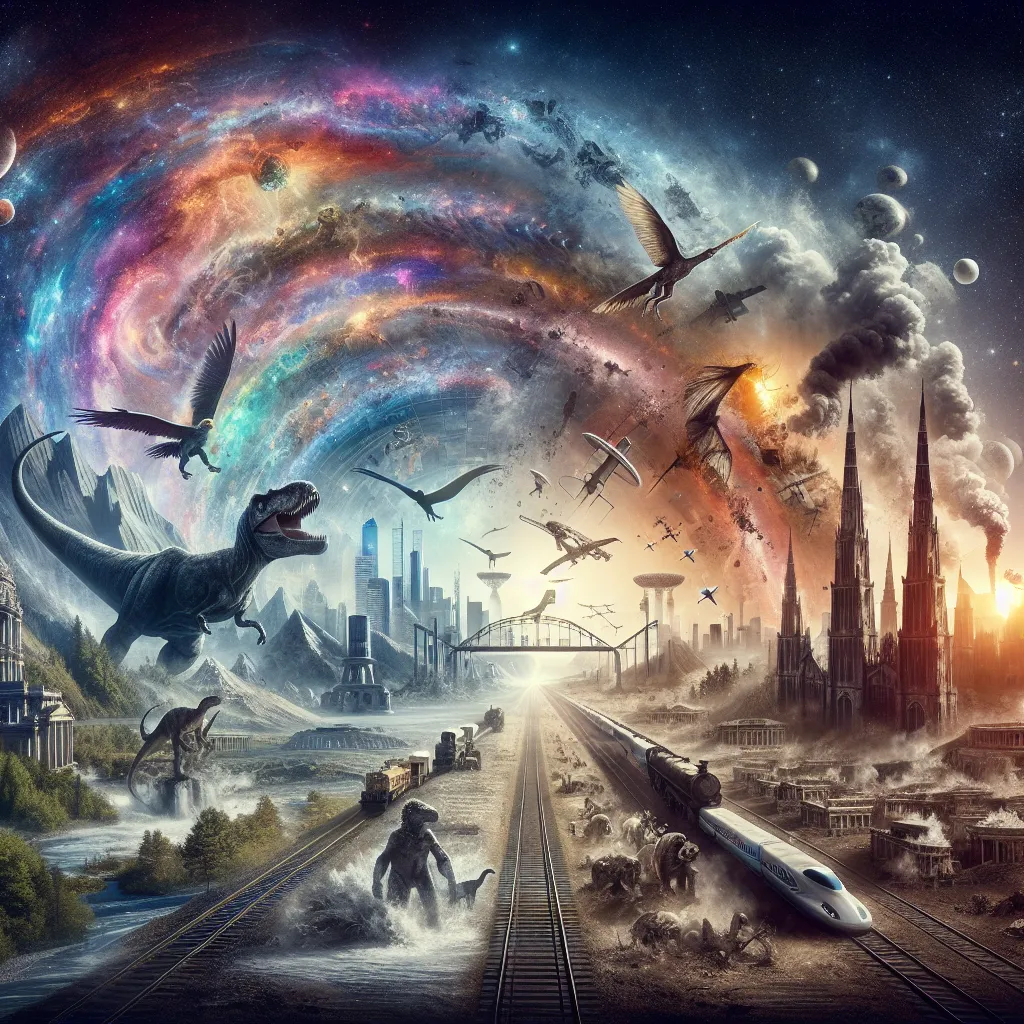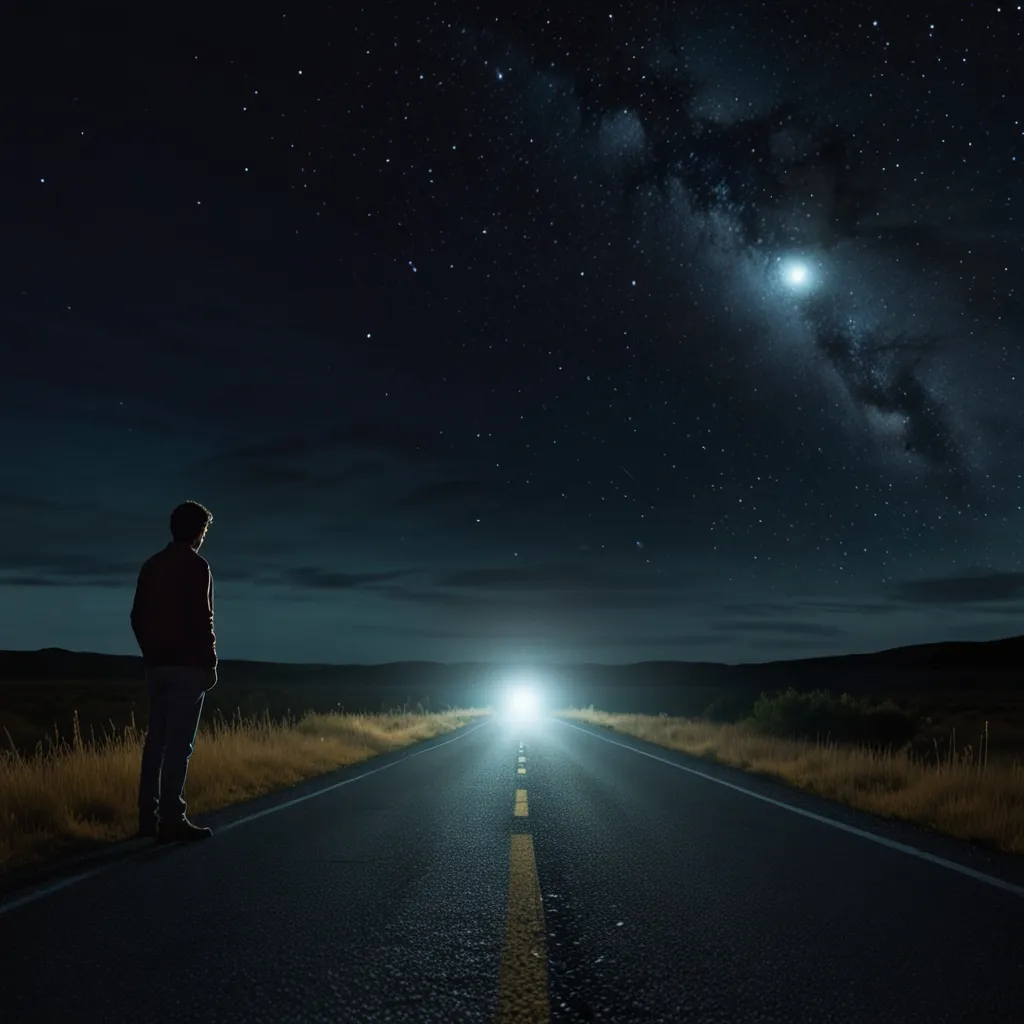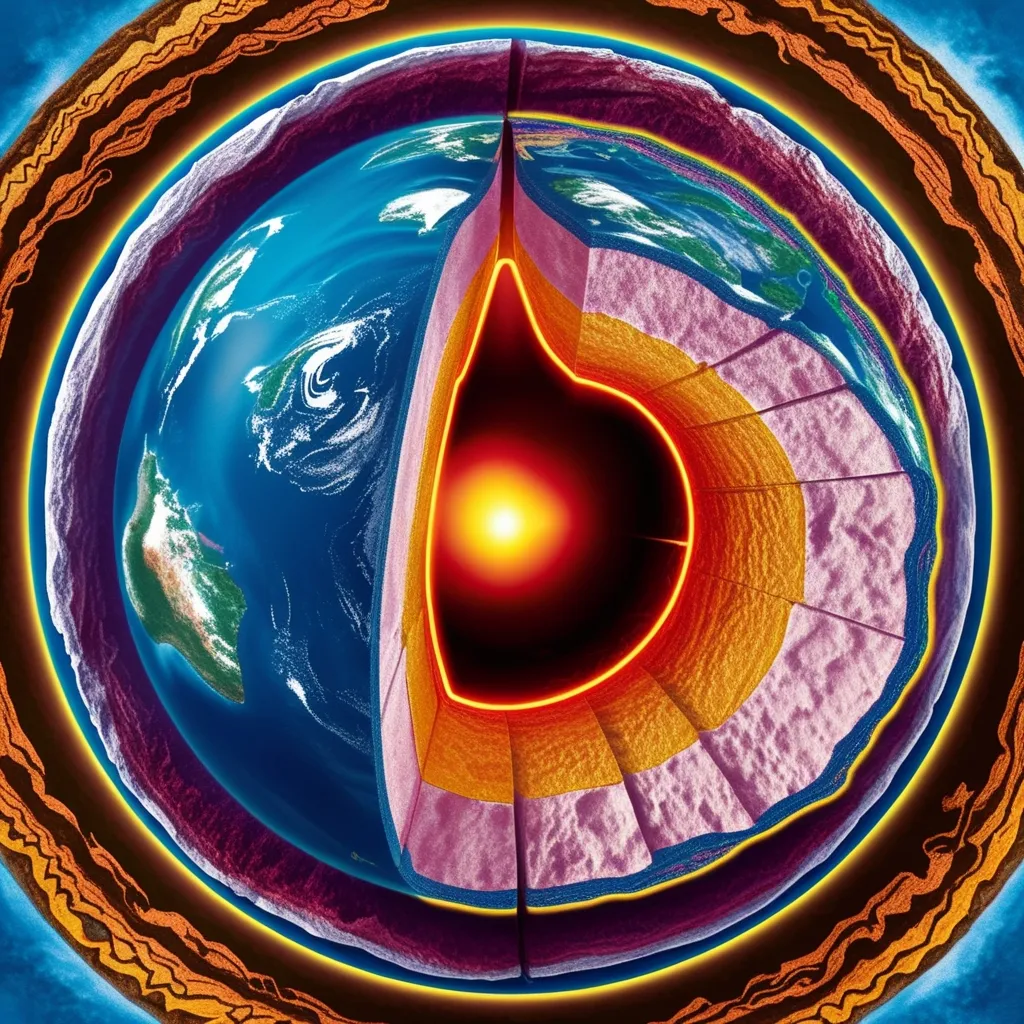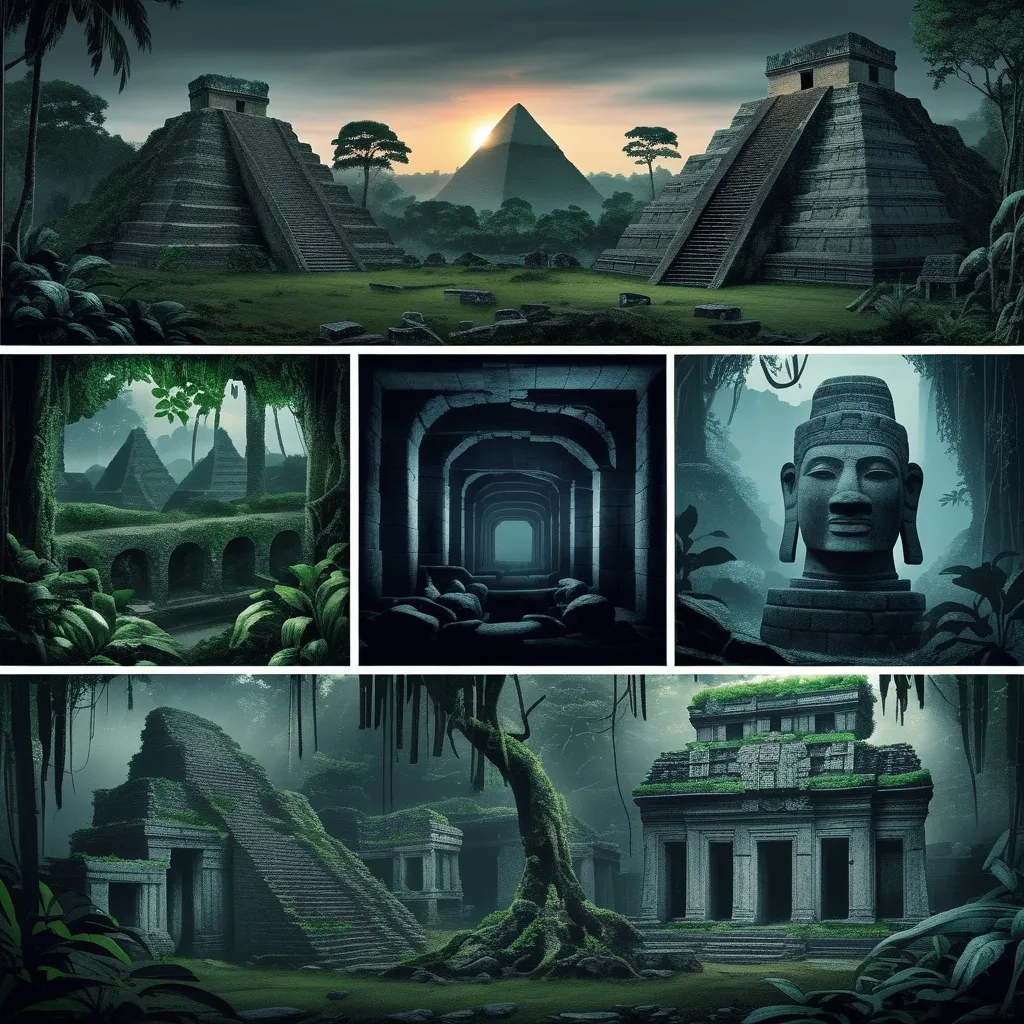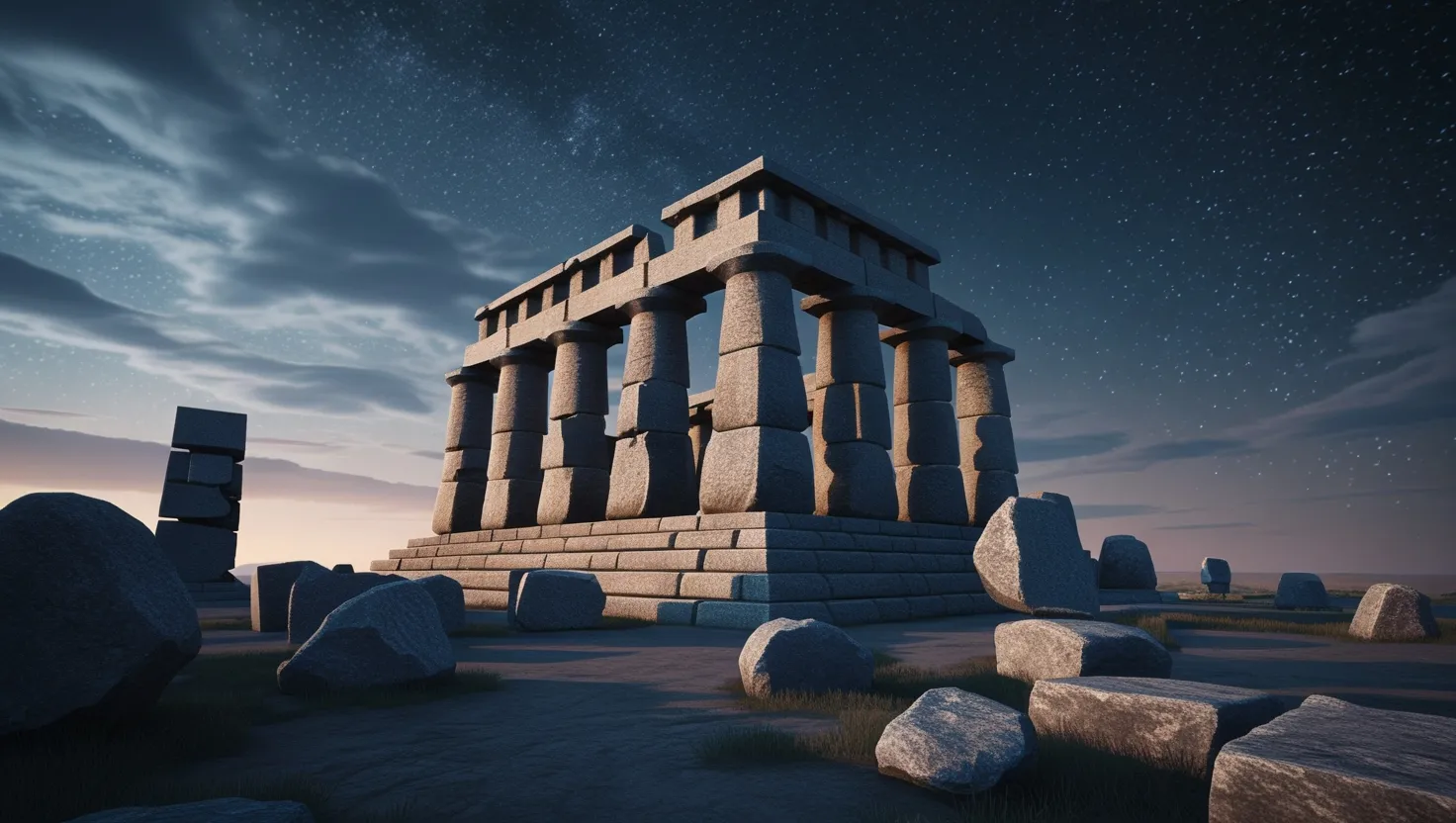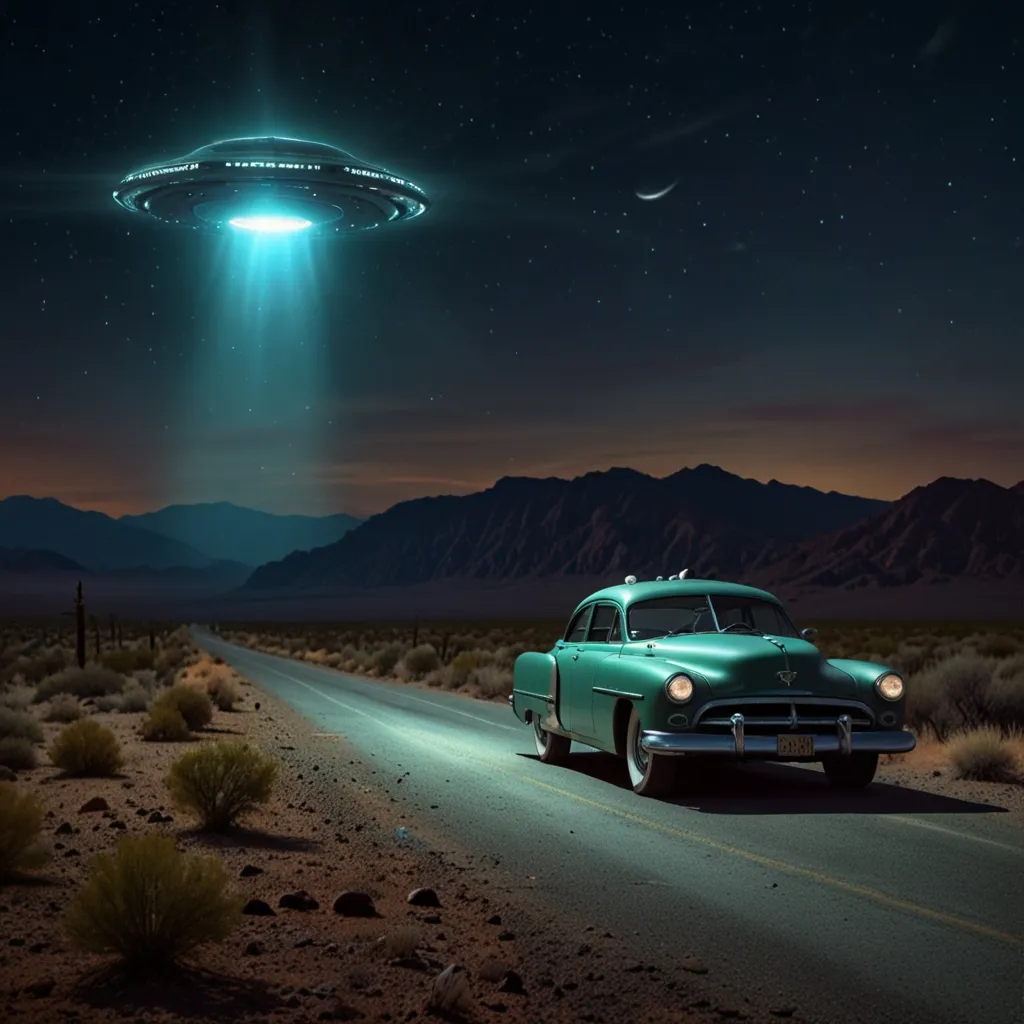Time can be confusing when we think about it in long stretches. So, let’s break it down into small pieces. Minutes, hours, days – you probably spent the last 24 hours sleeping, working, and sipping some coffee. Maybe cut down on the TV a bit?
Jumping to 2030, a lot has happened. In 2013, we lost Hitler’s last bodyguard, and Edward Snowden exposed the NSA. The early 21st century saw major events like 9/11, leading to the third Iraq War, while Facebook and smartphones became central to our lives.
Going back to the 20th century, it was marked by conflict. We had two World Wars and the prolonged Cold War. The average person’s life has witnessed the rise of the Internet and the start of the Information Age. The oldest living person, Misao Okawa, born in 1898, saw times closer to Napoleon than to our current day.
The last 500 years have drastically changed our lifestyles. Industrialization brought ideas like communism, turning farmers into factory workers, and making knowledge widely accessible. The theory of evolution also altered our understanding of ourselves and the world.
The 15th century was notable with Columbus discovering America and the fall of Constantinople, marking the end of the Middle Ages. The Black Plague, though, was a significant killer, wiping out a third of Europe’s population in six years.
Looking at the larger timeline, 2013 is just a tiny blip. Recorded human history spans back to the construction of the pyramids 4,500 years ago. The Roman Empire, 2,000 years ago, would see pyramids as ancient as we see Romans today.
Human history dates back 12,000 years with the Agricultural Revolution, sparking the rise of cities and communities. Humans and Neanderthals coexisted in Europe 90,000 years ago, around the time it takes a modern spacecraft to reach the nearest star. Homo sapiens, our species, evolved 200,000 years ago.
Go further back and you’ll find that 6 million years ago our ancestors split from the modern chimpanzee. For 2.75 million years, stone tools were in vogue. Dinosaurs died off 65 million years ago, having ruled for 165 million years, an era so lengthy that a T-rex is closer to us in time than to a Stegosaurus.
Animal life began 600 million years ago with fish, then insects, reptiles, and eventually mammals around 200 million years ago. Life itself started 3.6 billion years ago, initially as tiny microbes. For 3 billion years, life was invisible to the naked eye, evolving slowly into complex forms like fish and sloths.
The Sun was born 4.6 billion years ago from a giant explosion’s remnants, forming Earth shortly afterward. Early Earth’s frequent comet and asteroid impacts provided water and formed the moon. Our solar system is still young compared to the universe, which began 13.75 billion years ago.
In the far future, about a billion years from now, the Sun will become too hot for life on Earth. Four billion years after that, the Sun will die, marking the end of our solar system. Star production will cease in a few trillion years, and eventually, the universe will darken, inhabited only by black holes. After the last black hole evaporates, the universe will reach a stage called heat death, where nothing changes anymore.
Feeling a bit overwhelmed? That’s natural. But remember, the only time that really matters is now. So, go ask out that cute girl you like. Time is precious—make it count.
